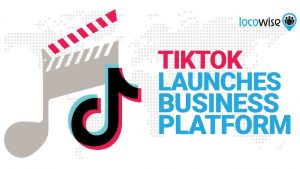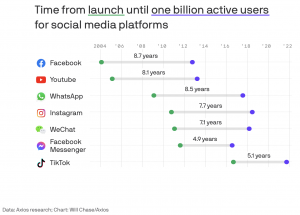
HTML 5 is the latest incarnation of W3C’s markup language. Lots of companies have started to use HTML 5 for their sites and as such, there have been a number of rumours that have sprung up about the language that need to be addressed. This is a particular issue with SEO. Today’s post will hopefully put some of these issues to bed. There are enough myths about SEO without people adding to them!
It’s easy to see why these sorts of rumours get started. With little actual information forthcoming from Google, Bing et al. about how their algorithms work, people can start to make things up as they go along.
Myth One: HTML5 Does Not Help SEO Ranking
This one has been floating about for a while – that HTML5 has no impact on your SEO scores. Some people have even claimed it can harm or hinder your efforts. However, if you are using HTML 5 correctly, it will help your SEO scores – just like all of the other latest versions of HTML. With semantic elements, it’s even easier for Google to work out the intent of some of your HTML code than it was before.
Myth Two: HTML5 Does Not Help Video Content SEO
Flash is still being used to for video content on pages online. However, this practice is falling out of favour with the move to mobile. Flash has even gone from Adobe Creative Cloud, rebranded as Animate. The rumour that HTML5 doesn’t help video SEO isn’t helping. In reality, HTML5 is an easy way to make video content more SEO friendly, with labels, captions and also subtitles to help define any video media. HTML5 also uses captions and tags instead of using img tags and alt text – much easier. This is true for multimedia and static content.
Myth Three: One h1 Tag Only
HTML5 has made the mysterious h1 tag even more so. What you need to know is this – you don’t need to just use one h1 tag on your pages. If it is deemed suitable, you can use one for each new section heading. However, when using it in an article, it is best to use the h tag hierarchy.
So why use HTML5?
While there is plenty of misinformation out there about HTML5, it’s actually a fabulous markup language which is helping to transform the web for the better. It helps with code validation, speeds up page load time (which definitely helps increase SEO scores), helps people to define content and layouts easily so that the page is easier to understand both for web spiders and humans.
There are always naysayers when things start to change online. But believing the myths will only hurt your SEO strategy long term if you aren’t onboard with the direction which the internet is moving in. HTML was updated for good reason – they’re not just doing it to mess with people. Take advantage of the improvements today!
Digital & Social Articles on Business 2 Community(59)
Report Post





